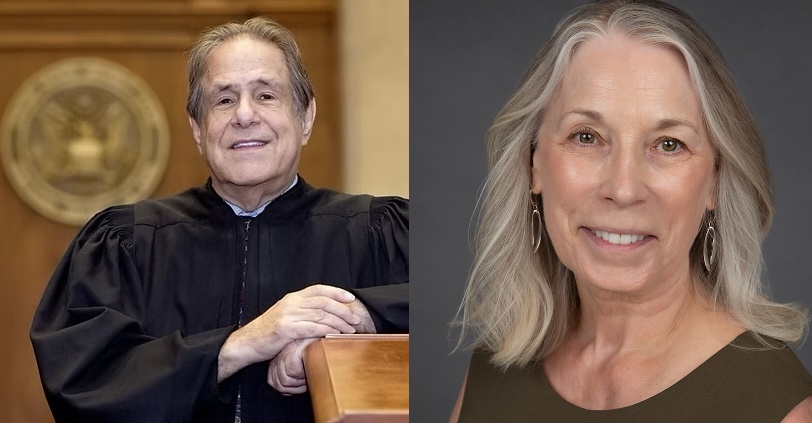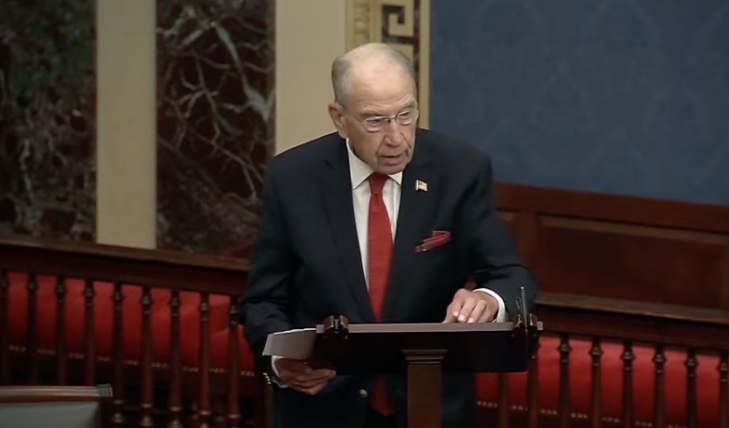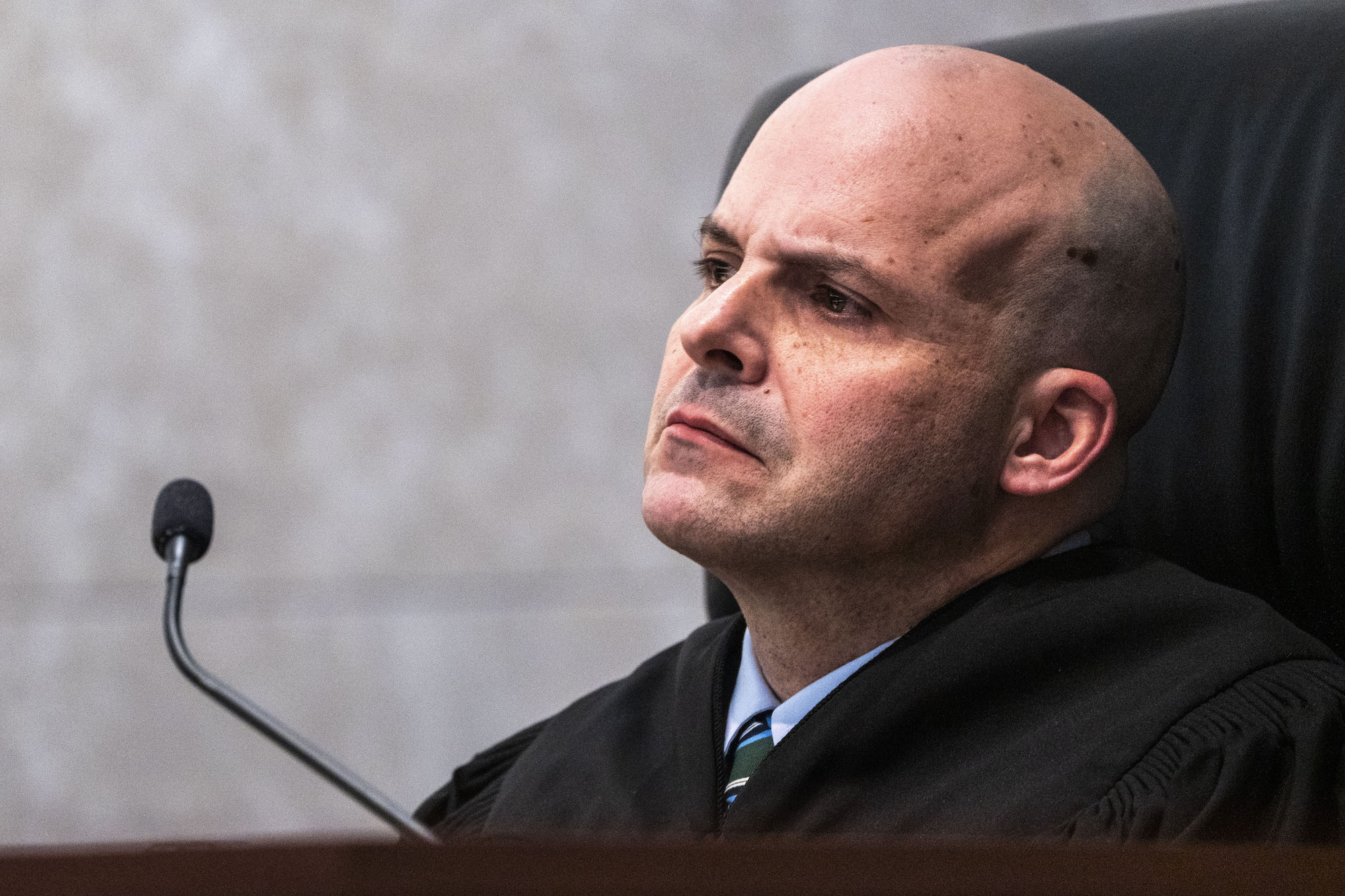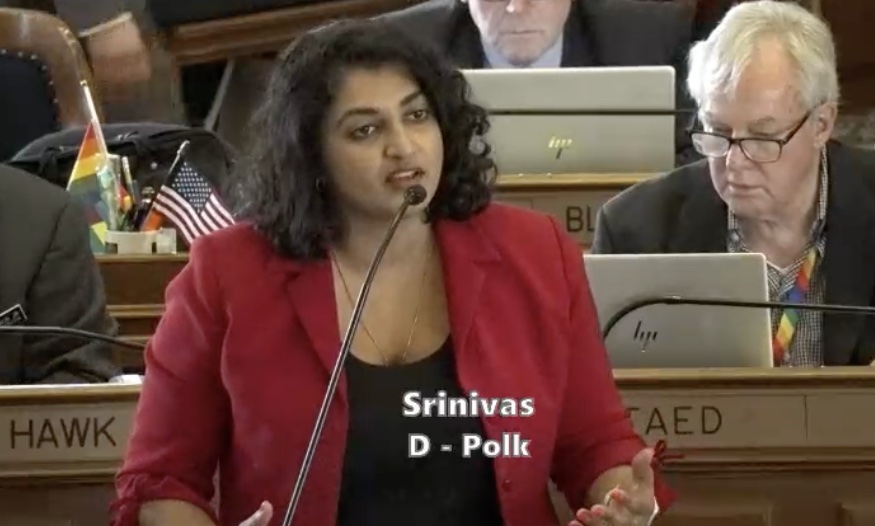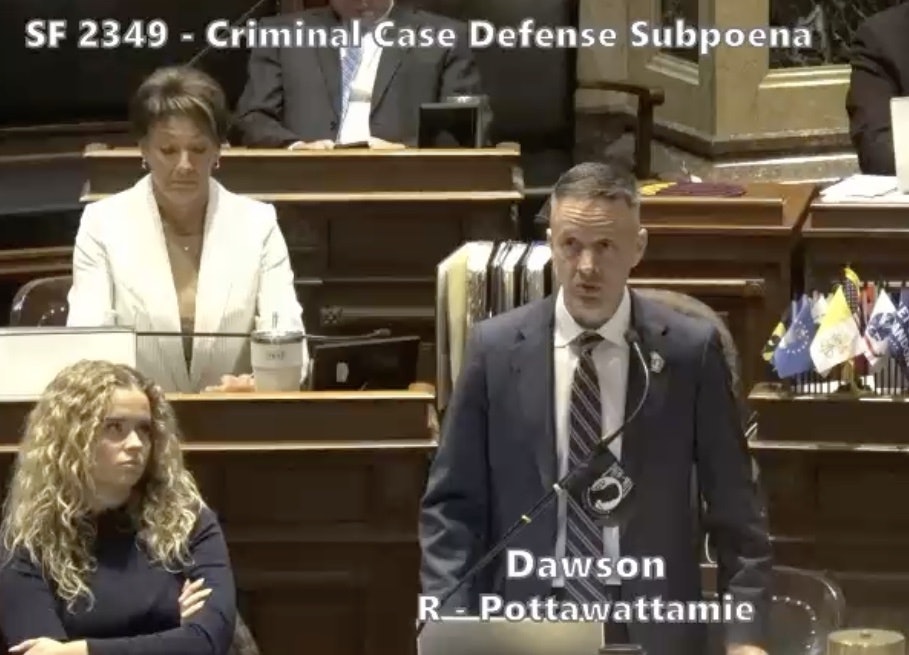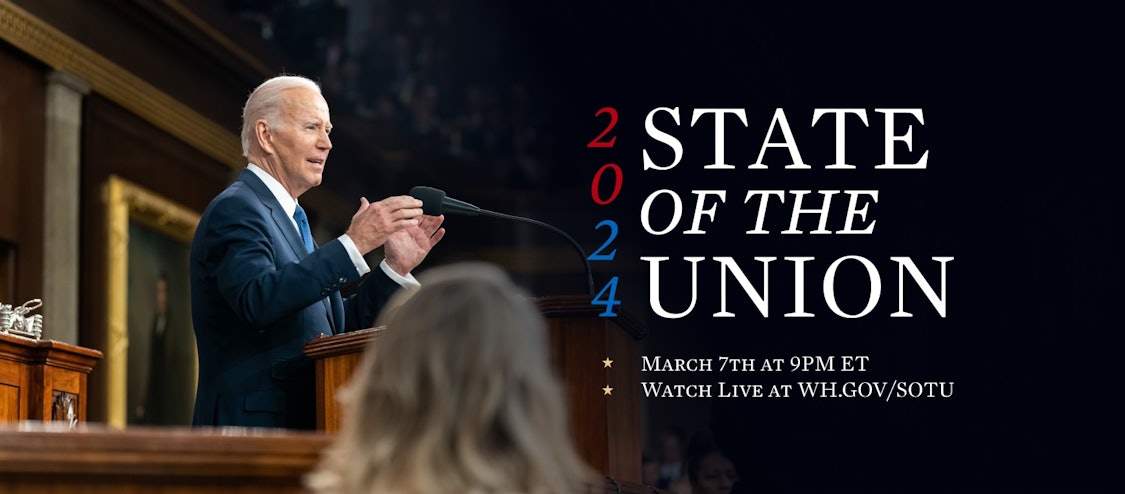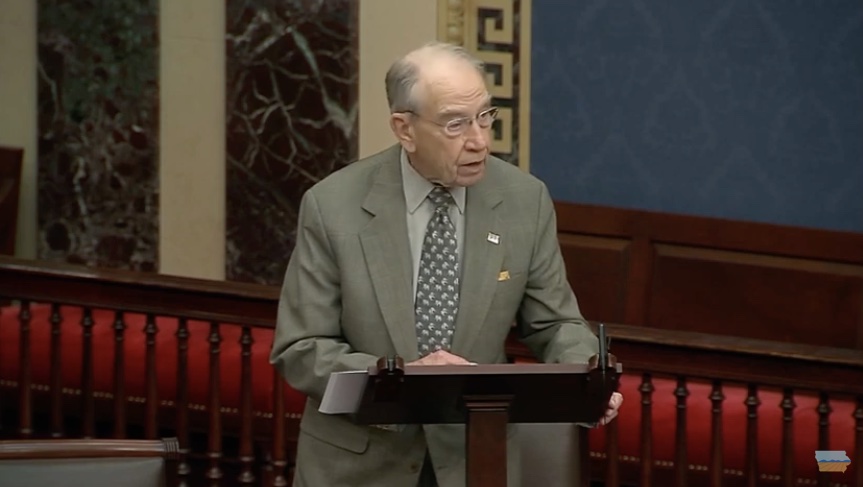Two Iowa jurists have signed on to an amicus brief calling for a federal court to dismiss the indictment against Milwaukee County Circuit Court Judge Hannah Dugan. Federal prosecutors charged the judge with concealing a person from arrest and obstructing an official proceeding after she allegedly helped a defendant in her courtroom avoid immigration law enforcement. She has pleaded not guilty and moved to dismiss the charges.
Former U.S. District Court Judge Mark W. Bennett and former Iowa Supreme Court Chief Justice Marsha Ternus were among the 138 retired judges who signed the brief, filed on May 30 in the U.S. District Court for the Eastern District of Wisconsin. The signatories served on courts in 24 different states or were appointed to the federal bench by Presidents Jimmy Carter, Ronald Reagan, Bill Clinton, and George H.W. Bush. Their brief argued, “The government’s indictment of Judge Dugan represents an extraordinary and direct assault on the independence of the entire judicial system.”
In early May, Judge Bennett and Justice Ternus signed an open letter to U.S. Attorney General Pam Bondi, which condemned the Trump administration’s various attempts to “intimidate and threaten the judiciary.”
Continue Reading...
